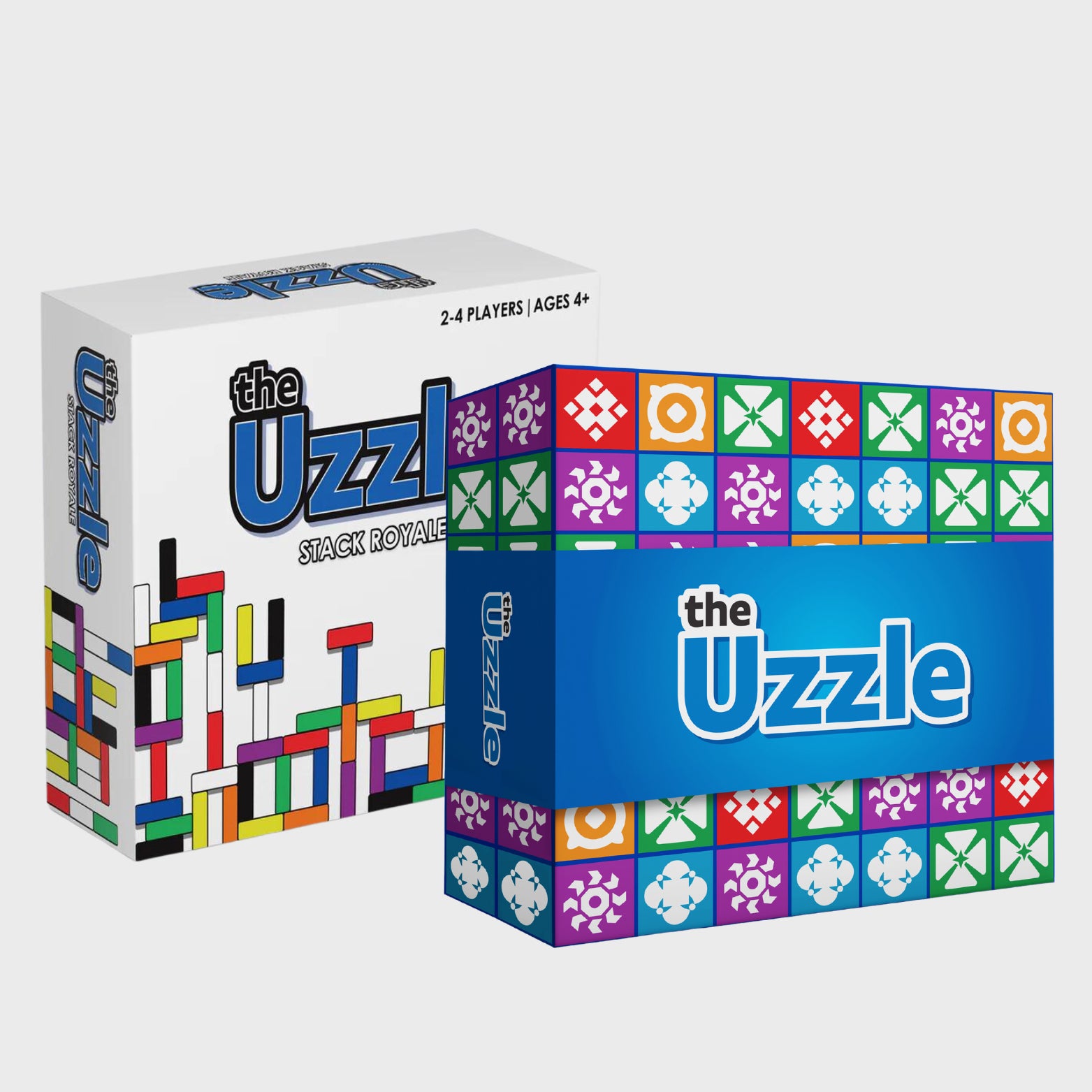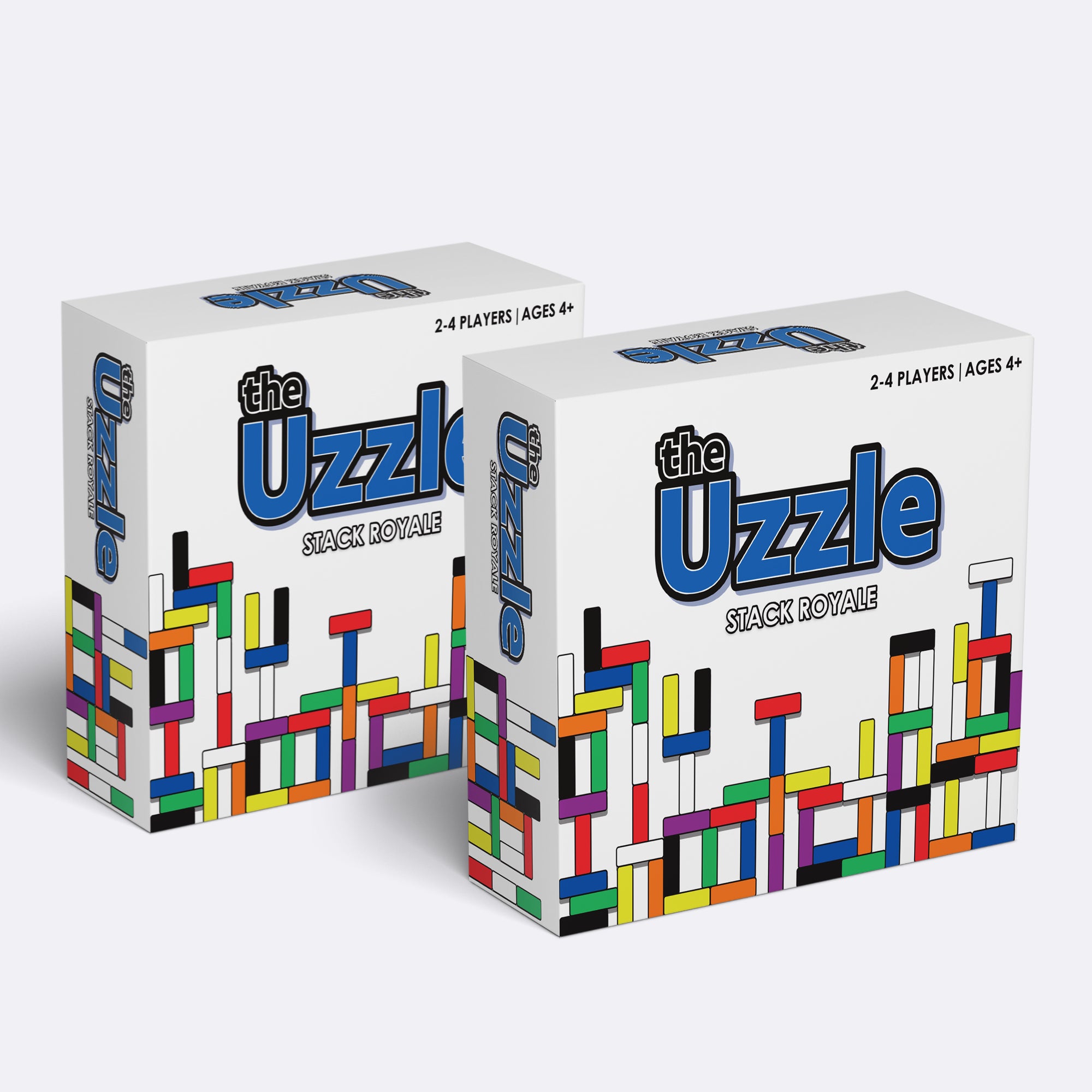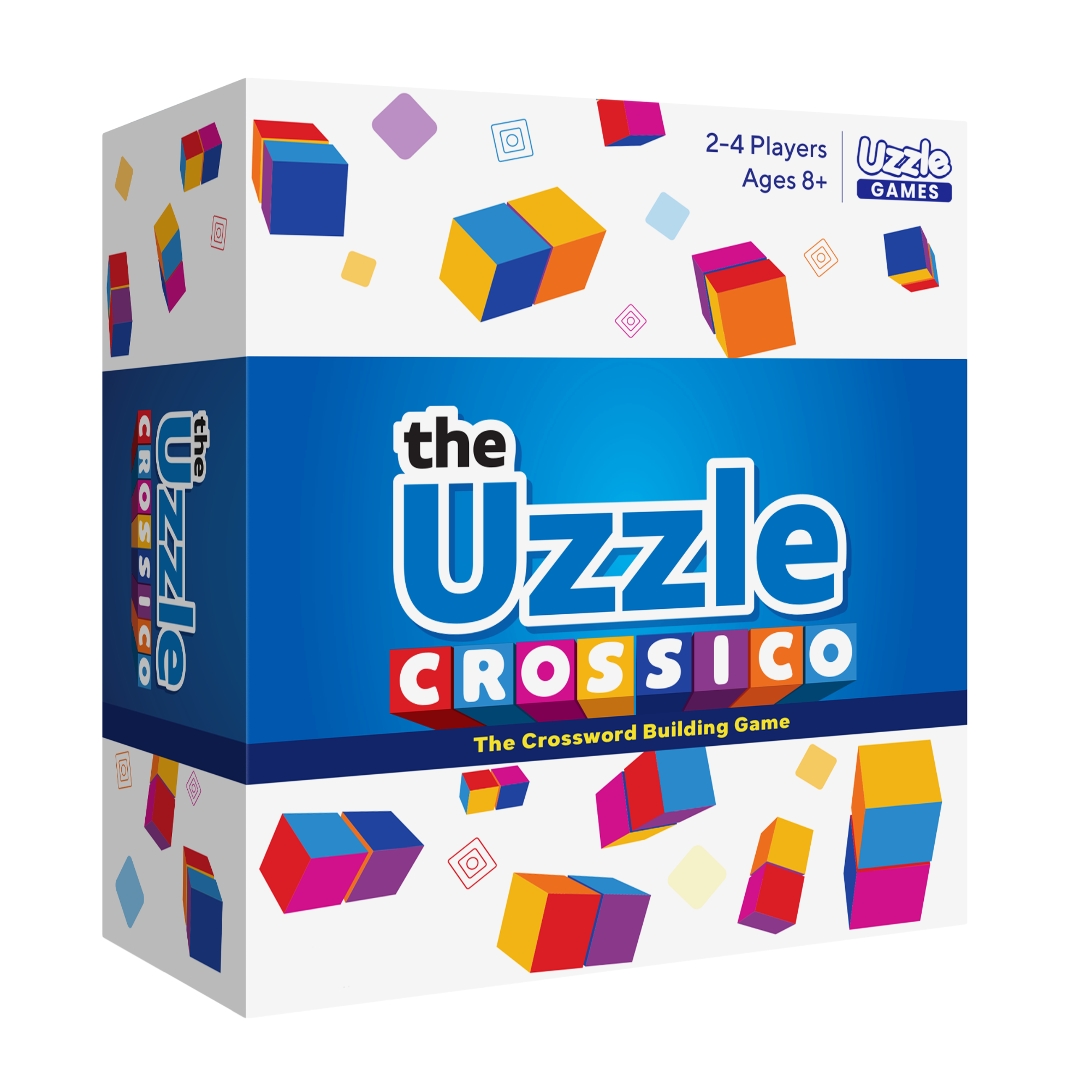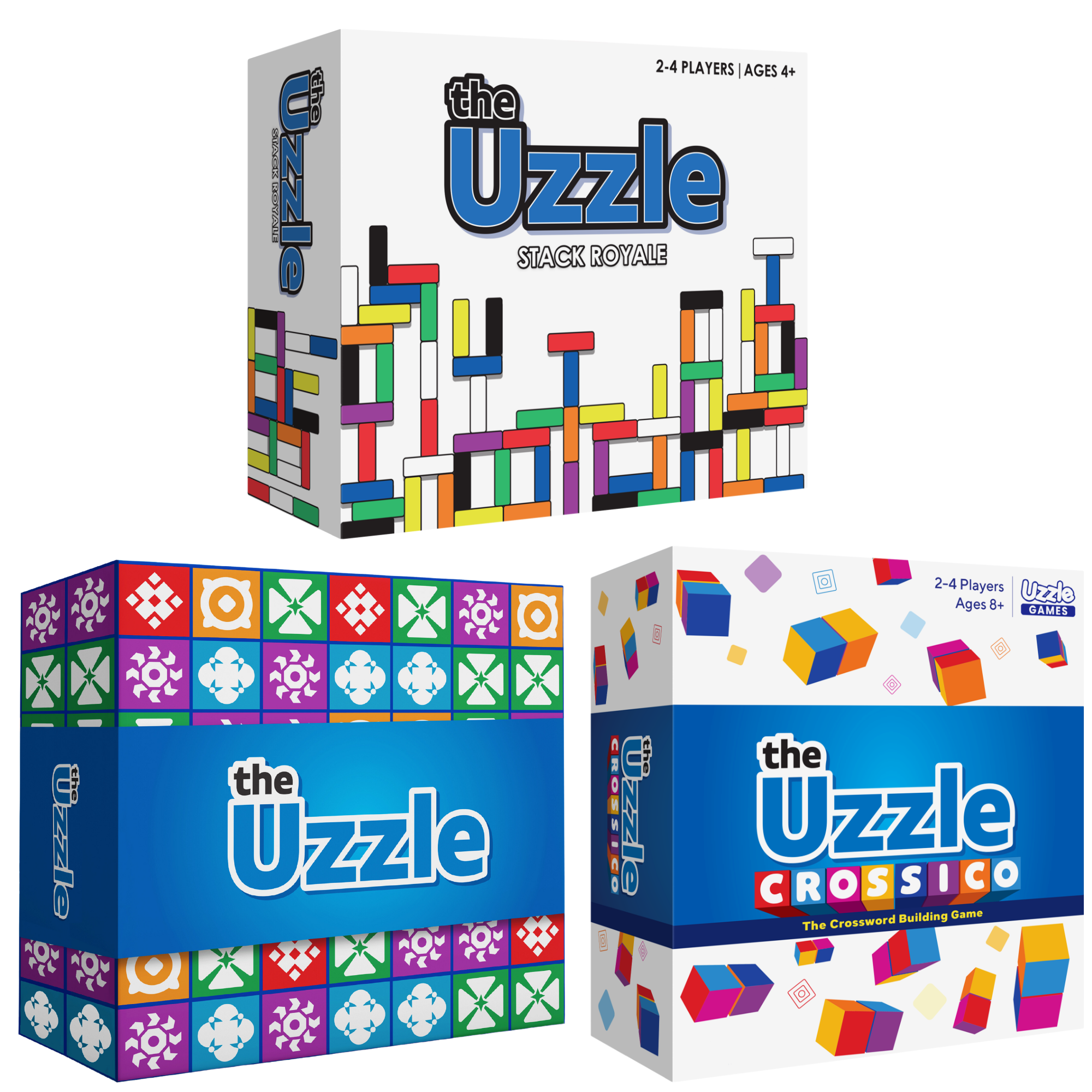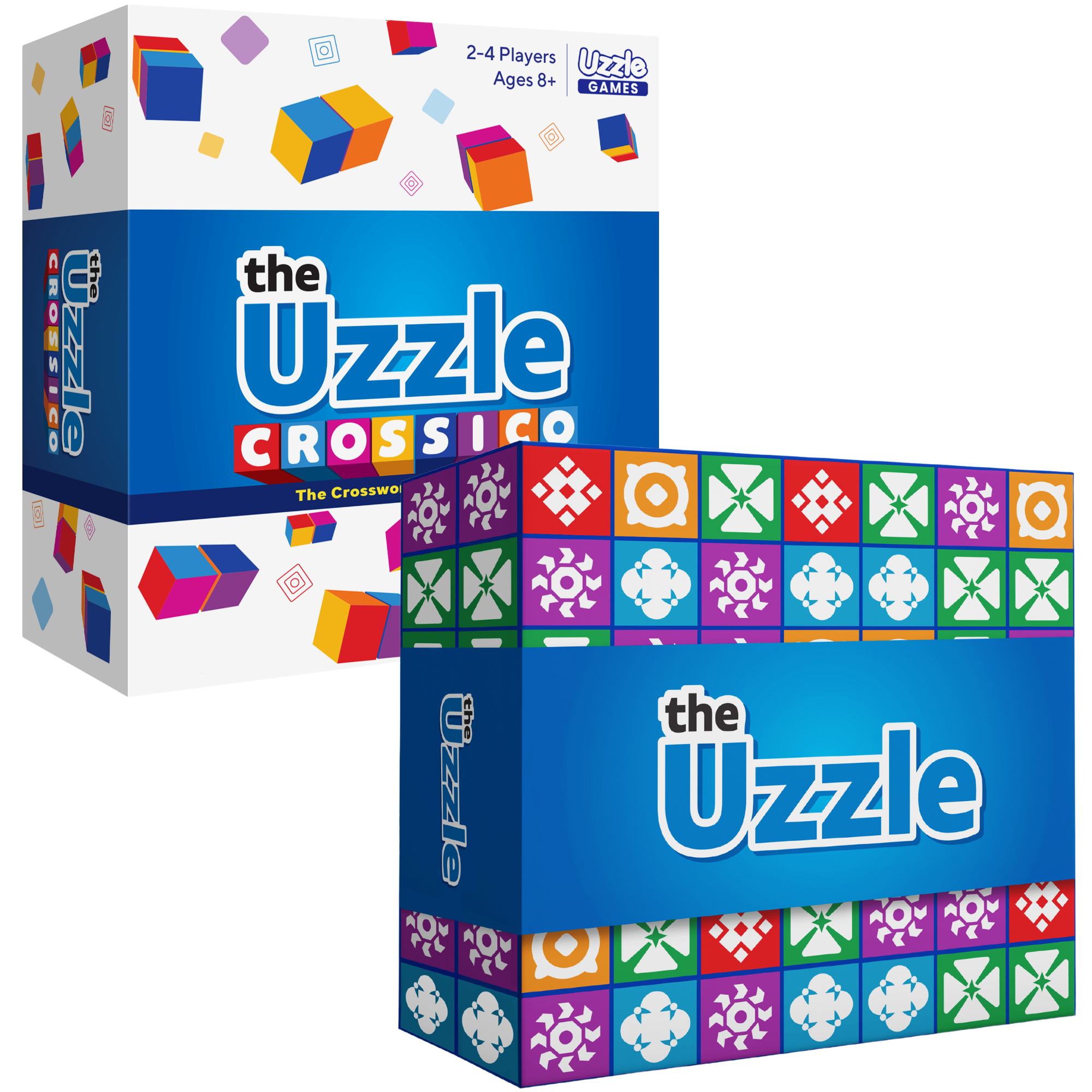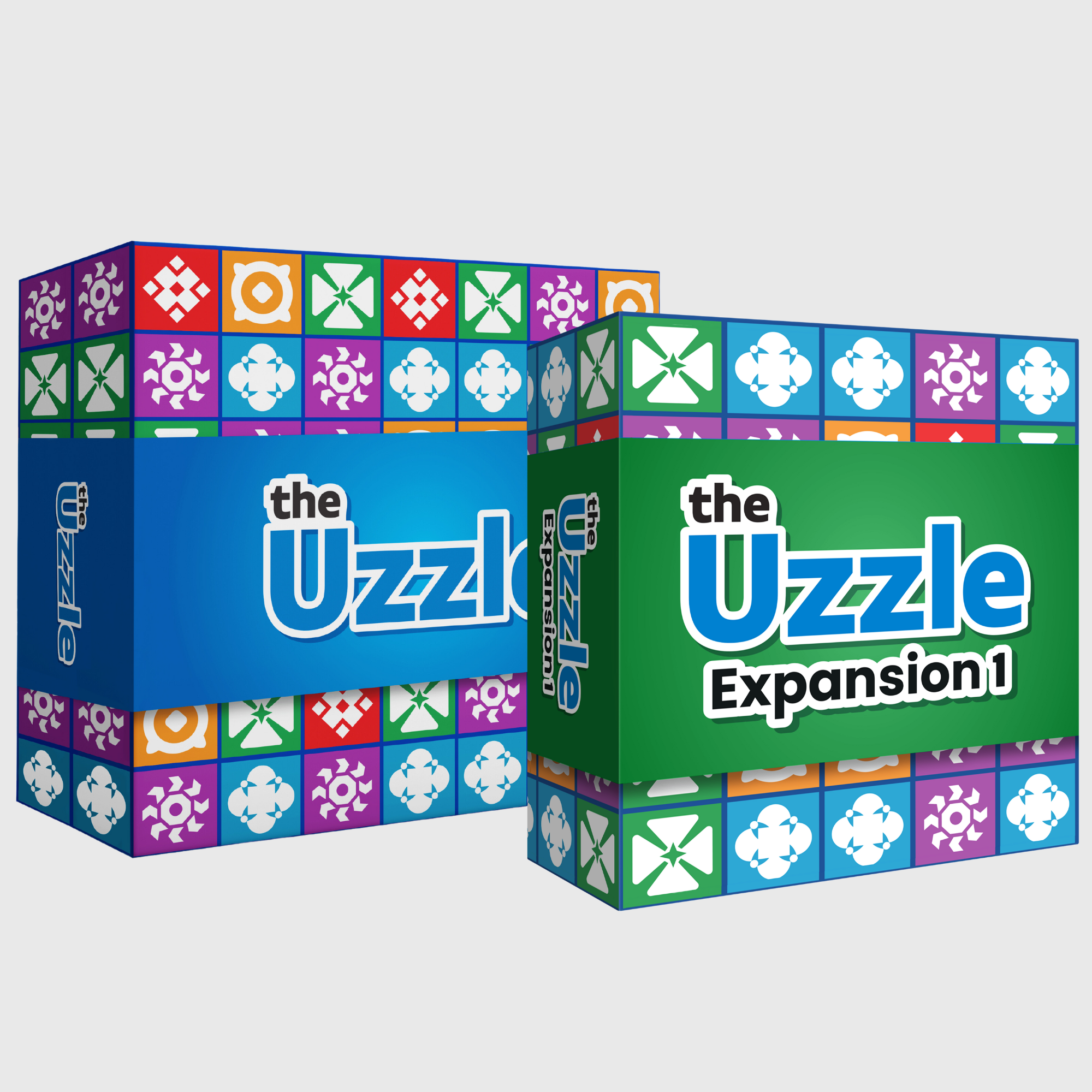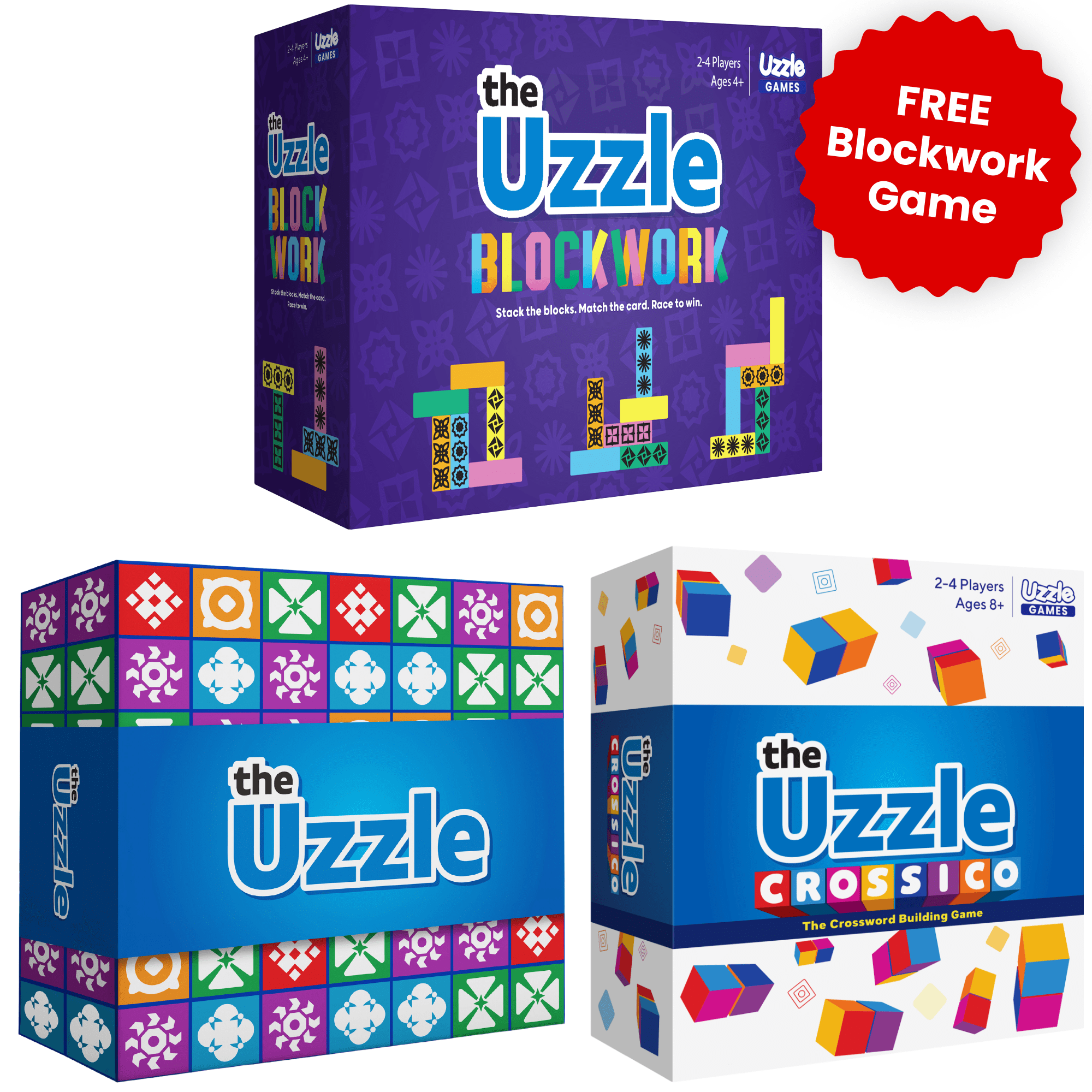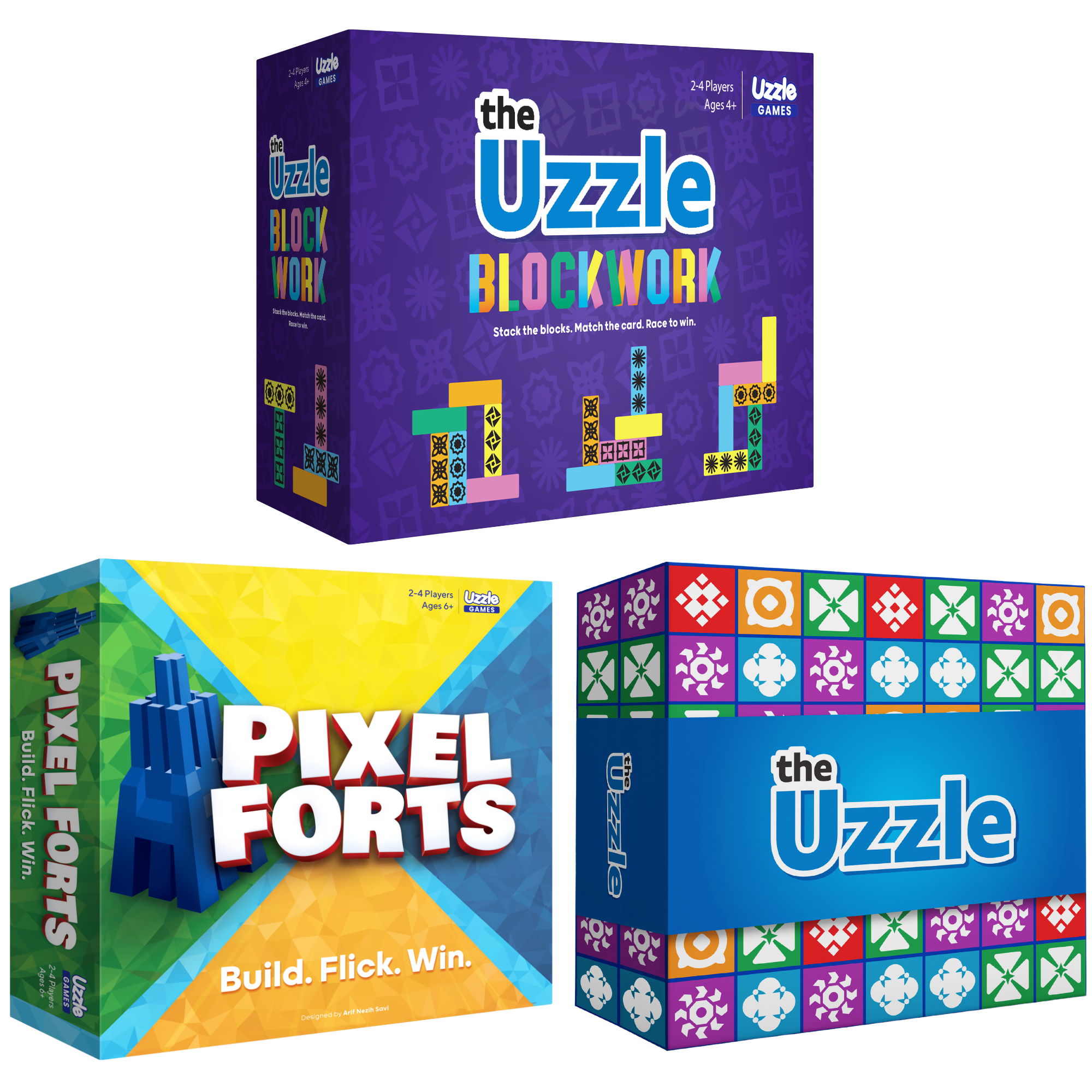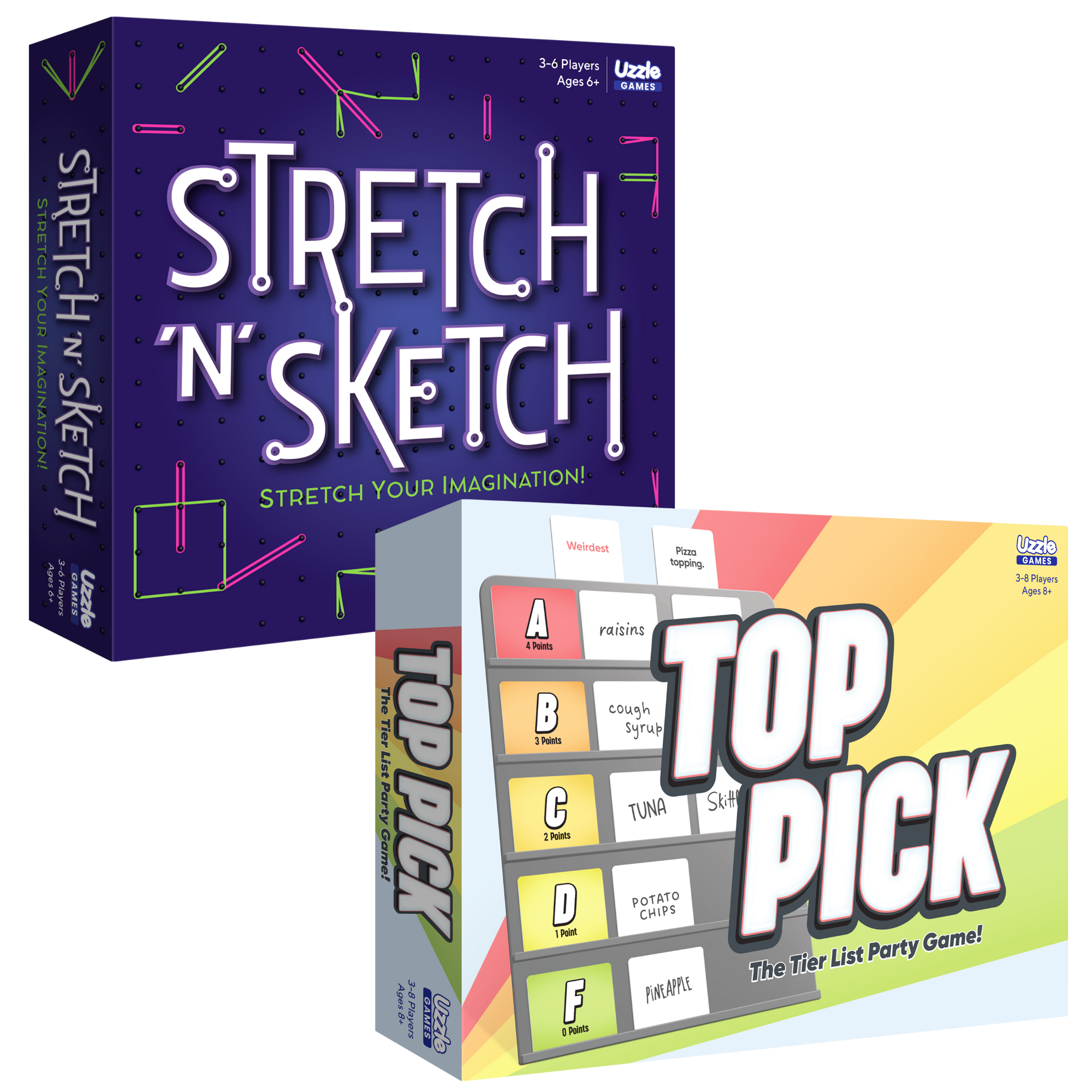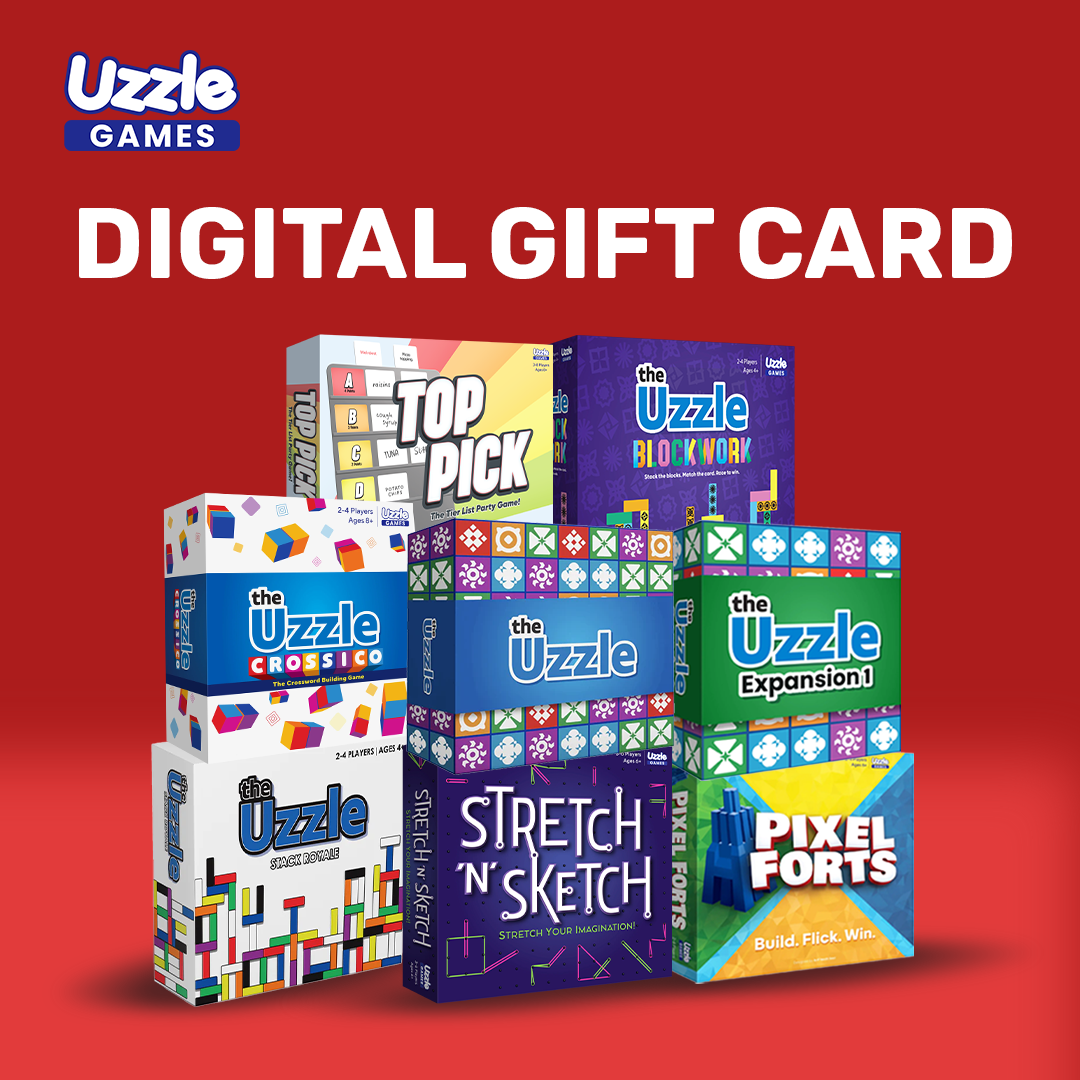Best Board Games and Puzzles for Kindergarteners
Board Games and Puzzles Perfect for Kindergarteners
The best board games and puzzles for kindergarteners create a lively way to spark curiosity and build supportive connections, blending playful learning with positive social experiences. These specially selected items can brighten quiet afternoons, liven up playdates, and offer developmental benefits for younger children. Whether you’re seeking simple matching games or cooperative puzzles, Uzzle provides levels of challenge, play lengths, and themes suited to preschool and kindergarten interests.
Encourage Early Skills & Family Engagement
Young children thrive with fun, hands-on activities that help them learn beyond phone apps or social platforms. Our selection of board games and puzzles naturally promotes early skill-building, laughter, and shared triumphs. This curated mix ensures kids and parents can find something engaging—whether they need quick, age-appropriate challenges or slightly more involved games to keep everyone’s attention focused and interactive.
Nurture Face-to-Face Social Connections
Our board games and puzzles for kindergarteners create genuine bonding moments, allowing children to practice teamwork and communication skills while having a blast. Instead of isolating them in digital worlds, these activities bring them together in safe, screen-free fun—perfect for preschool gatherings, family game nights, or creative learning sessions. Kids can learn to play cooperatively with easy-to-understand rules, fostering strong friendships and supportive social habits.
Shop our other collections:
Spark Curiosity and Cognitive Growth
Our curated offerings combine entertainment with developmental benefits, encouraging essential skills like problem-solving, pattern recognition, and logical thinking. Whether you’re introducing basic math, early literacy, or creative reasoning, these games come with precise difficulty levels and age suggestions. That way, you can pick the perfect match for your child’s stage of learning—balancing an ideal blend of playfulness and steady mental growth to keep young minds actively engaged.



